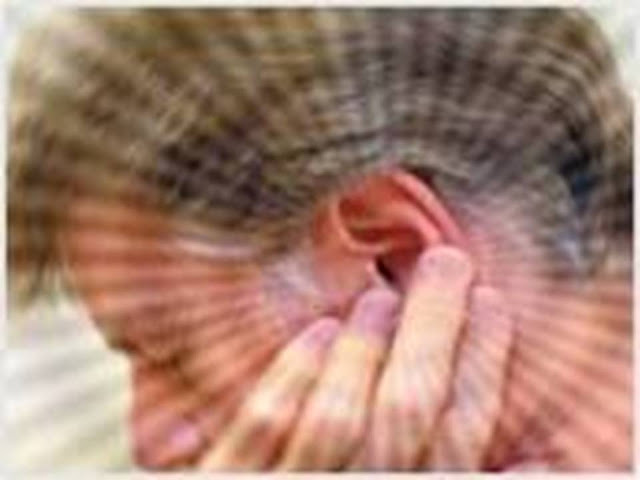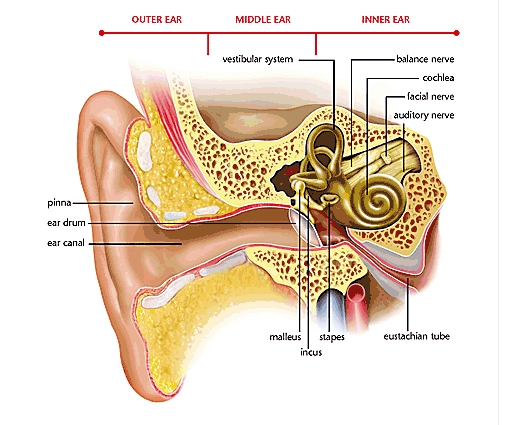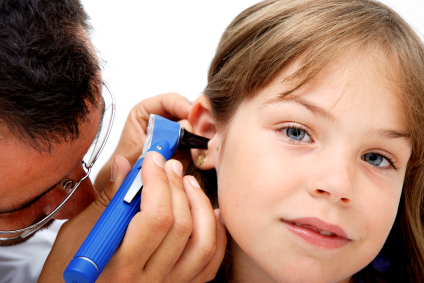Sudden Hearing Loss
If you’ve ever watched action or war movies that feature large bombs or quick explosions with a grenade, you’ll likely notice a common theme. The action hero can’t hear much afterward. He looks confused. People shout at him, but he can’t hear them. He’s experienced sudden hearing loss. Quite often, acquired hearing loss progresses slowly. If you frequent rock concerts or work with power tools often, you might notice a stealthy, gradual decline in hearing. But hearing loss can also occur quite abruptly. Sudden hearing loss can affect any age group, including children. However, it’s more common amongst those in their 60’s. Sometimes the condition resolves itself or gets better with treatment, but sometimes it doesn’t.
Sudden Hearing Loss Defined
This condition usually presents in just one ear, but sometimes it may involve both ears. Your child might wake up with abrupt hearing loss or he might experience severe hearing loss over the course of a few days. Speech might sound distorted, or your child might have selective low- or high-frequency loss. Typically, an audiologist will define it as hearing loss of greater than 30 decibels over three contiguous frequencies that occurs within a three-day time period.
Types
Sudden conductive hearing loss is when a malfunction occurs in the outer or middle ear. Sudden sensorineural hearing loss (SSHL) occurs when the nerve or inner ear are damaged. Typically, conductive hearing loss is more readily treatable than the other type. Sensorineural hearing loss is considered to be an urgent medical emergency. However, since you cannot diagnose which type of hearing loss your child might be experiencing, prompt medical attention for any hearing loss is necessary.
Causes
Sudden conductive hearing loss is often caused by impacted wax in the ear canal, fluid buildup, or an infection. It may also occur due to trauma to the ear canal, ear drum, or middle ear. Sudden sensorineural hearing loss may result from a viral infection, physical trauma, circulatory problems, drugs, or an acoustic neuroma, which is a slow-growing tumor. People with Meniere’s disease or Lyme disease may also acquire it. In the majority of cases, the cause of SSHL is never determined.
Treatment
The treatment for sudden conductive hearing loss is often simple. A pediatrician can remove impacted ear wax from your child’s ear canal or prescribe antibiotics and/or ear drops to treat an infection. However, if the cause of conductive hearing loss is trauma, your child might require surgery or a hearing aid.
The sooner your child receives treatment for SSHL, the better his chances are of regaining his hearing. Quite often, a doctor will recommend a course of corticosteroid treatment to reduce the inflammation that can result in damage, particularly if the cause of the hearing loss is not determined. Antiviral therapy is also used frequently. Vasodilator medications may be used to improve blood flow. Hyperbaric oxygen therapy may also be recommended. Unfortunately, greater research is needed to understand the causes of and treatments for SSHL. Your child has a better chance of regaining his hearing if his degree of hearing loss is mild.





